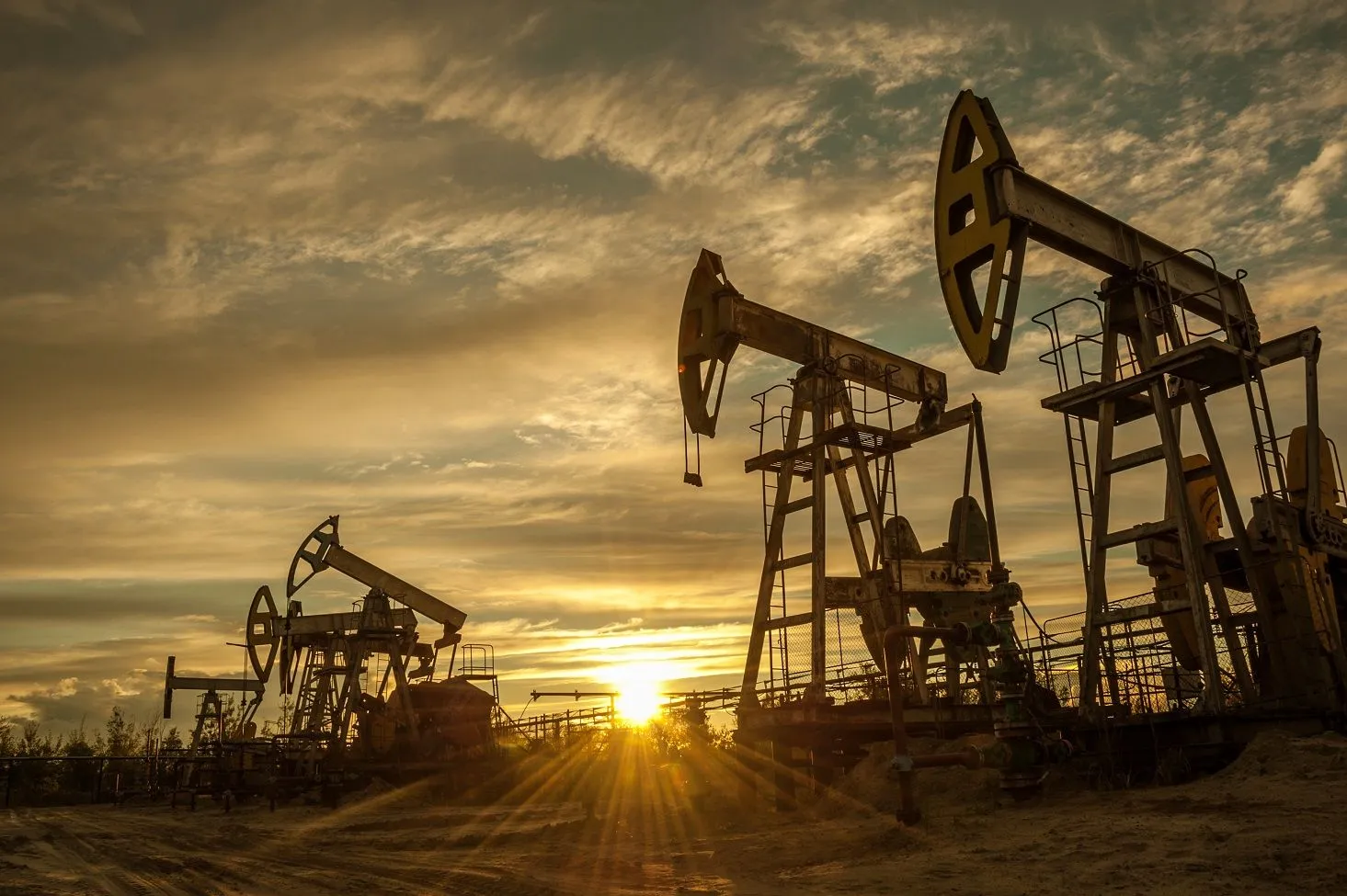Welcome back to the business related blog. Today, I will be talking about how abundant oil reserves have the ability to transform a country’s economy.

Oil, in my opinion, is “black gold,” and has the potential to significantly impact a country’s economy when abundant reserves are discovered. This precious resource can catalyze economic growth, transform industries, and shape the destiny of nations. In this blog, we will explore how the discovery and utilization of vast oil reserves can completely change a country’s economic landscape. If you want to know more about its origin, click here.
Revenue Generation and Fiscal Stability:
- Firstly, I think the presence of substantial oil reserves provides countries with a reliable source of revenue. Oil exports generate significant income through international trade, enabling governments to invest in infrastructure, healthcare, education, and social welfare programs. The influx of petrodollars strengthens a nation’s fiscal stability, reducing dependence on foreign aid and facilitating economic independence.
Economic Diversification:

- Secondly, I believe that the abundance of oil reserves can stimulate economic diversification by creating opportunities for related industries to flourish. Oil production necessitates the development of supporting infrastructure, such as refineries, pipelines, and storage facilities. This infrastructure development spurs job creation and encourages the growth of ancillary sectors like manufacturing, engineering, construction, and transportation.
Investment in Infrastructure:
- Furthermore, Oil-rich countries often channel their newfound wealth into ambitious infrastructure projects. As I had mentioned in my previous blog, if you haven’t read it, go check it out. Highways, ports, airports, and public transportation systems are constructed or upgraded, bolstering connectivity and facilitating trade. Improved infrastructure attracts foreign direct investment (FDI) and promotes economic activity, leading to further growth and development.
Employment and Human Capital Development:

- Moreover, The oil sector’s expansion necessitates a skilled workforce, driving job creation and skills development initiatives. Countries invest in training programs, education, and vocational institutes to meet the industry’s demands. The oil industry’s employment opportunities provide stable incomes, reduce unemployment rates, and enhance the overall standard of living for citizens.
Technological Advancements and Innovation:
- Oil extraction requires advanced technologies and expertise. Countries with abundant oil reserves often collaborate with international oil companies to acquire knowledge and technology transfer. This exchange fosters technological advancements and innovation in related sectors, including energy, engineering, and environmental management. These spill-over effects can lead to the emergence of a knowledge-based economy.
Foreign Investment and International Influence:

- Oil-rich countries attract foreign investment from multinational corporations seeking to tap into the oil industry’s potential. These investments often extend beyond the energy sector, as companies establish a presence in various industries, including manufacturing, finance, and real estate. The presence of multinational corporations brings technology, expertise, and global best practices, positioning the country as an attractive destination for business.
Geopolitical Considerations:
- Countries with substantial oil reserves often become significant players in international geopolitics. The global demand for oil gives these nations considerable influence in global markets and political arenas. They may form alliances, negotiate trade deals, or use oil as a diplomatic tool, shaping regional dynamics and geopolitics.
Conclusion:

The discovery and exploitation of abundant oil reserves can be a game-changer for a country’s economy. The revenue generated from oil exports fuels economic growth, enables diversification, and drives infrastructure development. It creates employment opportunities, enhances human capital, fosters technological advancements, and attracts foreign investment. However, it is crucial for oil-rich countries to leverage their resources wisely by diversifying their economies and investing in sustainable development to ensure long-term economic prosperity beyond the finite lifespan of oil reserves.
If you liked this reading, and want to read more of our handcrafted blog posts, visit our Blog page.

No responses yet